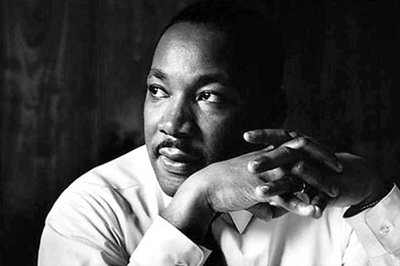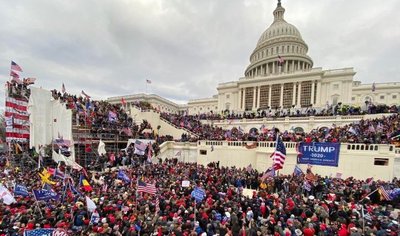For a Google doc version of this lesson, click here. You will be prompted to make a copy.
This lesson was first published as part of the "Your Serve or Mine" public television documentary and can be found here.
Overview
This lesson is based on the documentary "Your Serve or Mine." Although there may not be time to use the entire documentary, short excerpts from the film are available to screen or download online. Teachers can use any of the lessons as they teach about American and Chinese history, especially during Asian American and Pacific Islander Heritage Month.
You can learn how "ping pong" became a bridge between two countries by watching this excerpt from "Your Serve or Mine."
The full documentary can be found on PBS here (56-minutes). Click on this link for additional ways to watch the film.
While sports are often regarded as separate and distinct from national and international politics, in fact, they often are a central element. One needs only look at the Olympics. The “ping-pong diplomacy” of the 1970s is one of the most prominent examples. American athletes often make the best people-to-people diplomats, given their strong name recognition and perceived embodiment of American values.
At the 1980 Winter Olympics, a young American amateur ice hockey team beat the best hockey team in the world, achieving what’s been called “the miracle on ice.”
Subjects
World History, U.S. history, civics, social studies
Grades
6-12
Estimated time
One 50-minute class session
Objectives
Students will learn about the intersection of sports and politics through four different scenarios of political protests at the Olympic Games.
Main activity
The Olympic Games have always had the power to voice international protest against nations that are considered rogue by the International Olympic Committee.
- 1920, Antwerp: Austria, Bulgaria, Germany, Hungary and the Ottoman Empire could not participate in the games because of their World War I aggression.
- 1964, (Innsbruck, Tokyo): South Africa did not return to the Olympics until the 1992 games at Albertville, in protest of apartheid.
- 1972, (Sapporo): Rhodesia’s invitation was withdrawn after protests over racism were filed by several other African nations.
- 1980, (Lake Placid): After the Soviet invasion of Afghanistan, the Soviet Union was banned.
How Americans scheduled to attend the 1980 Moscow Olympics became “invisible Olympians.”
Directions
- Each group of four students will split up the four scenarios above, one per student.
- Students will have 10 minutes to research their political protests on their devices.
- Students will share what they learned with the other three members of the group.
- The teacher will debrief all four protest scenarios.
Discussion questions
- The Olympic Games are watched by billions of world citizens. Do you think that these protests changed policy in any of these situations? Why or why not?
- Which problems in the world today might cause protests directed against participating nations in the upcoming 2026 Olympics in Turin, Italy?
Extension activities
Students can learn more about the public media documentary "Your Serve or Mine" by watching the trailer and visiting the film's website.
In 2024, Olympic athletes from both North and South Korea shared the podium and took a selfie together, a rare display of diplomacy between the divided countries. Learn more about the significance of this event by reading this news story from NPR.
About the authors
Liz Ramos has been a high school history and government teacher since 2005 and currently teaches at Alta Loma High School in Rancho Cucamonga, Calif. She has written extensively for national and local curriculum projects, and also serves on the educator advisory board of PBS News Hour Classroom and the board of the News Literacy Project. She is a member of iCivics Educator Network, and in 2018 was awarded the Outstanding Secondary Level Social Studies Teacher of the Year by the California Council for the Social Studies.
Syd Golston is a past president of the National Council for the Social Studies. She has served as a history teacher, school administrator and curriculum writer for many decades. Syd also serves on the educator advisory board of PBS News Hour Classroom. She is the author of Changing Woman of the Apache, Death Penalty, Studies in Arizona History, and other publications and articles.
Fill out this form to share your thoughts on Classroom’s resources.





